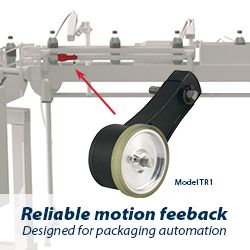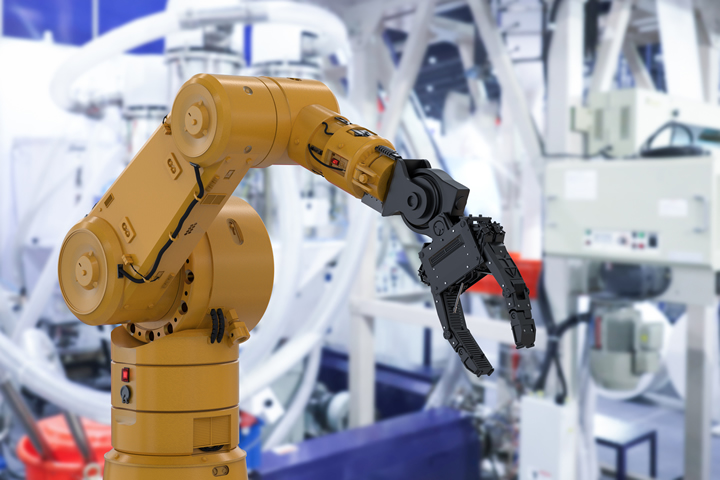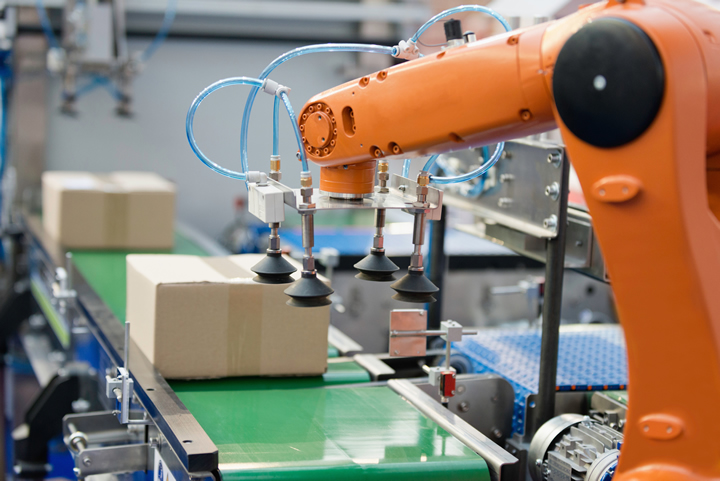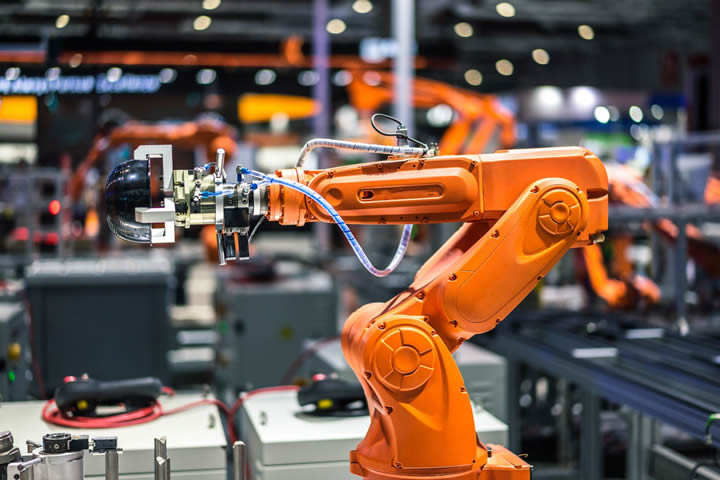Automation Depends on People
With each new innovation in society, we see corresponding headlines and public concern about how that innovation will be responsible for job loss. This has been true of the printing press, the automobile, and the computer.
The Manufacturing Skills Gap: How to Prepare for the Future of Work
In this article, Bjoern explores how performance marketing can help the manufacturing industry address the skills gap and prepare for the future of work. It emphasizes attracting skilled professionals through culture and project showcases.
The Future of Injection Molding Relies on Automation
While demand for injection molding products grows, manufacturers are grappling with persistent challenges, particularly staffing and output.
Four Ways to Address the Industry's Technician Shortage
Equipment manufacturers can (and should) embrace and adopt a number of short-term and long-term strategies to set themselves up for sustained success as it relates to workforce development.
Solving Labor Challenges with Paperless Manufacturing
Paperless manufacturing, although it's implemented with digital systems like a Manufacturing Execution System (MES), shouldn't be thought of as just a technology. It is a new paradigm for how people use knowledge and information.
Robotics In Manufacturing: Threat or Opportunity?
The use of robotics in manufacturing has grown consistently over the past decade. A recent report from the Association for Advancing Automation revealed that North America saw a record in robot sales in 2022, with the number of robots ordered up 11% from the previous year.
The Redesign of Manufacturing is Inevitable: What Does it Mean for Humans?
It's clear that the way humans have traditionally been used in manufacturing is neither good for the industry nor for these individuals. This truth has been overlooked with apprehension about what change will mean for millions of workers in the industry.
5 Ways To Solve The Machinist Shortage
Machinist shortage is a tricky problem that shop owners constantly face. Here are some ways to solve it and help you attract and retain them.
How We Can Inspire Our New Generation Into Engineering
It's no secret that the engineering sector is experiencing a shortage of workers. In fact, research shows that the industry will need to train and employ around 200,000 people by 2024 to fill the gap.
How to Upskill Frontline Employees as Industry 4.0 Gains Traction
Digitization, automation, and artificial intelligence in manufacturing have paved the way for new production methods. If employees are going to take on new responsibilities and operate connected devices, they need to be upskilled and trained accordingly.
NEW STUDY: MAJORITY OF WORKERS WOULD LEAVE FRONTLINE WORK IF GIVEN THE OPPORTUNITY
New report from SafetyCulture highlights mounting pressure on frontline workers and the key
opportunities for businesses to start improving the way they operate.
Could automation be the answer to the Great Resignation?
Wage stagnation in the midst of a cost-of-living crisis, job dissatisfaction and safety concerns due to COVID-19 are all contributing factors as to why staff resignation levels are persistently on the rise across the globe.
5 Manufacturing Sectors Affected by the Great Resignation
While the Great Resignation has touched virtually every industry, it's hit manufacturing harder than most. Even within manufacturing, some subsectors have seen more daunting challenges than others.
Mitigating the Labor Shortages in Manufacturing with Plant Management Software
In the face of labor shortages and increasing demand, a plant's ability to drive efficiency and productivity is more important than ever. That's where plant management software plays a critical role in helping deliver plant performance.
Examining the Gender Gap in Manufacturing: 5 Potential Solutions for 2022
Workforces that lack gender diversity will struggle to reach their full potential. Manufacturing must address this issue if it hopes to sustain growth far into the future.
Records 1 to 15 of 84
Featured Product

Model TR1 Tru-Trac
The Model TR1 Tru-Trac® linear measurement solution is a versatile option for tracking velocity, position, or distance over a wide variety of surfaces. An integrated encoder, measuring wheel, and spring-loaded torsion arm in one, compact unit, the Model TR1 is easy to install. The spring-loaded torsion arm offers adjustable torsion load, allowing the Model TR1 to be mounted in almost any orientation - even upside-down. The threaded shaft on the pivot axis is field reversible, providing mounting access from either side. With operating speeds up to 3000 feet per minute, a wide variety of configuration options - including multiple wheel material options - and a housing made from a durable, conductive composite material that minimizes static buildup, the Model TR1 Tru-Trac® is the ideal solution for countless applications.




.jpg)




.jpg)



.jpg)

.jpg)